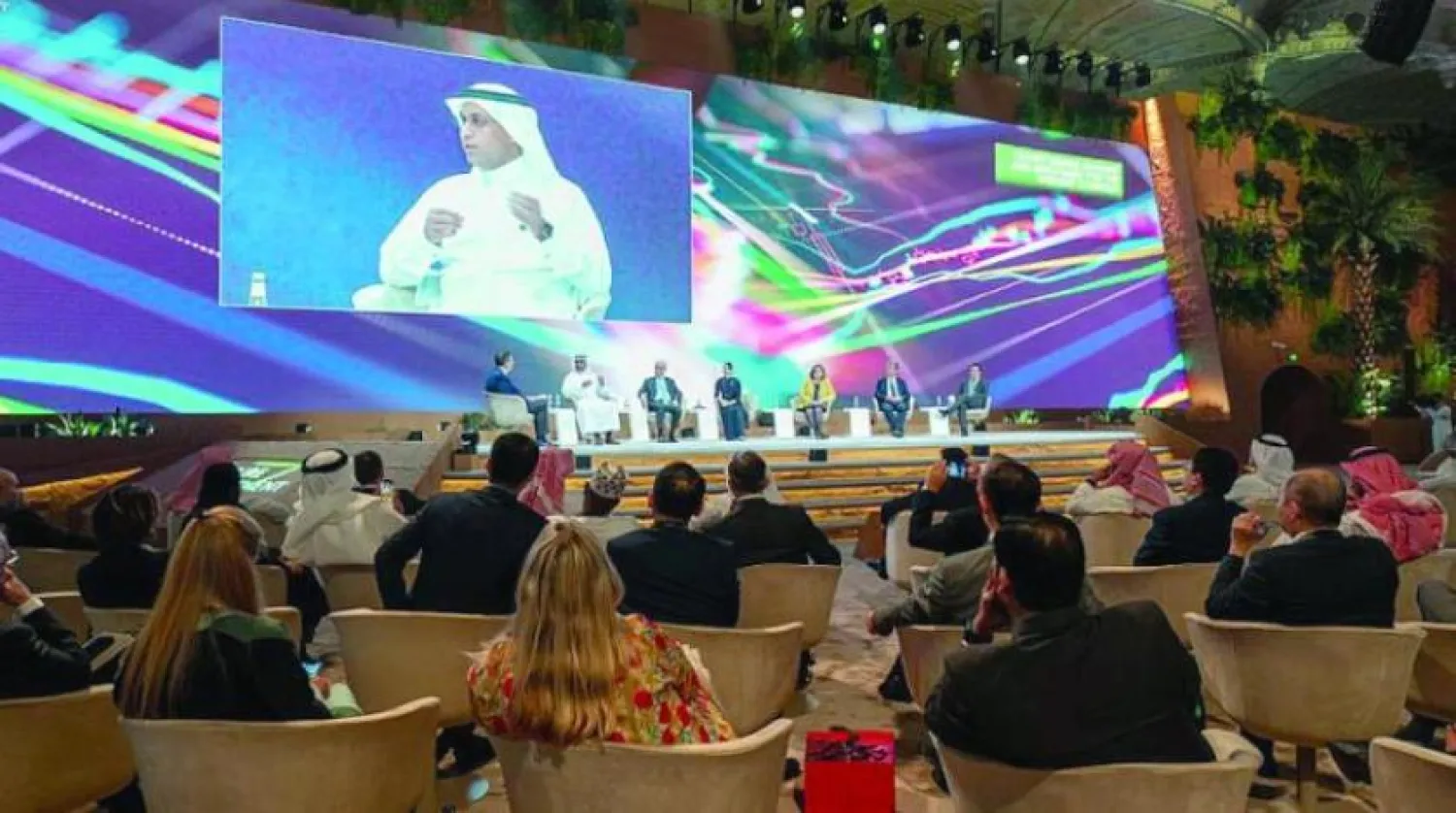The third and final day of the 6th edition of the Future Investment Initiative (FII) forum embarked on its activities with a session titled “Transforming Banking and Investment for the Resilient Economy.”
The CEO of Saudi EXIM Bank Group, Saad bin Abdulaziz Al-Khalb, participated in the session, which was held at the King Abdulaziz International Conference Center in Riyadh.
The session focused on technology’s continued influence on banking and financial practices, especially as the economy starts to shift to a post-pandemic world. The World Bank reports that two-thirds of all adults worldwide now make or receive digital payments.
Moreover, the rise of small investors has changed investing around the world.
The speakers at the session touched on what digitalization trends in investment and banking are here to stay, and what impact they will have. They also discussed the future of private investing and digital banking and examined how banks have responded to changing habits among consumers and businesses.
Talking about safeguarding exports at the session, Al-Khalb said that the main goal in Saudi Arabia is to guarantee Saudi exports and support global commerce and international long-term projects.
Al-Khalb added that main tasks of banks include offering credit necessary for exports, facilitating exports, and developing financial institutions through the government’s support to foreign trade.
He also noted that the Saudi economy has not witnessed any decline, whether during the COVID-19 pandemic, geopolitical tensions or interest rate hikes, thanks to the fact that the Kingdom enjoys a system that can intervene and offer support necessary for commercial activities and cross-border transactions.
He noted that in 2020 and during the pandemic, approvals were issued to support Saudi exports with SAR20 billion and “we had a quick response through providing the necessary money to increase exports and cover risks, especially that Saudi Arabia is a center for logistics.”
Al-Khalb pointed out that the Kingdom has an initiative concerned with logistics to empower global trade given that Saudi Arabia has a strategic location that connects three continents while enjoying a comprehensive and interconnected system with Africa.
He also said that investment banks and financial institutions have changed into banks that support exports and commerce, and that Saudi Vision 2030, along with other strategies, is going ahead with expansion, which made Saudi Arabia a logistics center to support the world.









